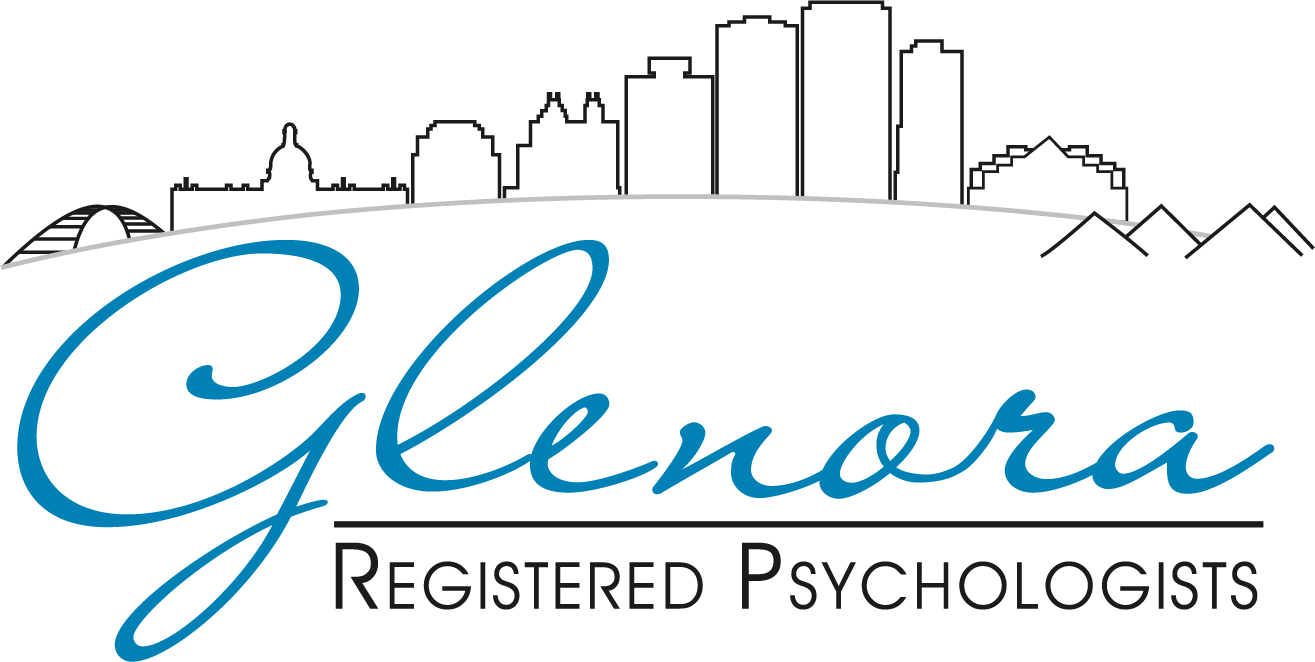Employees are entitled to work in an environment that is free of discrimination, offensive behavior and harassment. While organizations endeavor to provide an environment that supports the achievement of corporate goals, they also recognize each employee’s right to be treated with fairness and dignity. Many organizations publish clear policy statements regarding harassment in the workplace and have well-established procedures for dealing with complaints.
Workplace harassment is usually defined as any improper behavior by an employee that is directed at or is offensive to another employee or endangers an employee’s job, undermines the performance of the employee, or threatens the economic livelihood of the employee.
Harassment also includes any behavior that demeans, belittles, or causes personal humiliation or embarrassment to the employee.
All forms of employment related discrimination that are prohibited by the Canadian Human Rights Act may also be considered as types of harassment, i.e. harassment based on race, national or ethnic origin, color, religion, age, sex, marital status, family status, disability or conviction of an offence for which a pardon has been granted.
Sexual harassment is one specific type of harassment and means any conduct, comment, gesture or contact of a sexual nature whether on a one-time basis or during a series of incidents, that is offensive, objectionable, or humiliating to the employee.
Sexual harassment also includes behavior that the employee might reasonably perceive as placing a condition of a sexual nature on employment or on an opportunity for training or promotion.
Abuse of authority is another form of harassment; which occurs when an individual uses his or her authority or position with it’s inherent power to undermine, sabotage, or otherwise interfere with or influence the career of another employee. Examples of abuse of authority include intimidation, threats, coercion, and blackmail.
If you believe you are being harassed in your workplace, you can confront the situation on your own, or report the harassment to your supervisor, your union representative, or your Human Resources department. You can also contact the Canadian Human Rights Commission for further information.
It is a very difficult decision to deal with workplace harassment. Many people chose to quit their jobs rather than face this challenging process. The process is usually lengthy and it often ends up becoming public in that others in the workplace become aware of the complaint. The person who files a complaint is acknowledging that he or she has felt victimized. It feels humiliating to admit to being powerless to stop the harassment. The biggest fear is that of being fired for filing a complaint and secondly, of not being able to continue to work in the same environment because of the reactions of others. Whether you stay and confront the situation or choose to leave, it is very traumatic to be the subject of harassment.
When a person has been victimized for a period of time, he or she may develop a wide range of physical and psychological symptoms. The physical and psychological effects of harassment can impact your life for months and even years. Here are some symptoms to look for:
Physical symptoms: physical exhaustion; loss of appetite or significant weight gain; increase in alcohol or drug use; loss of ability to focus or concentrate; problems with short-term memory; heightened sense of awareness (sensitive hearing, constant visual scanning, sensitive skin); increase in physical illness (colds, flu); headaches; feeling dizzy or problems with balance; tearfulness; chest pains; muscle aches; sleep disturbance; loss of sex drive; the development of nervous tics or gestures.
Psychological symptoms: increase in anger or irritability; loss of patience; nightmares; loss of self-esteem and self-confidence; excessive worrying; increase in conflict in relationships; social withdrawal; feelings of sadness, hopelessness, and depression; loss of interest in activities, increase in anxiety and/or panic attacks; feelings of fear; emotional sensitivity; rapidly changing moods; feeling trapped; feeling frightened of the future.
If you are the victim of workplace harassment, you need to do something about it. If you don’t, it will get worse and your symptoms will get worse. The damage can last a lifetime. It can destroy your physical health and your psychological well-being. You can lose your confidence in yourself and it can rob you of the joy in your life. This is not something you have to face on your own, but only you can reach out for help. Begin by breaking the silence and talking to someone who can help. Access the resources listed above or talk to a psychologist or your medical doctor.
Shirley Vandersteen, Ph. D., R. Psych.
Consulting Psychologist


